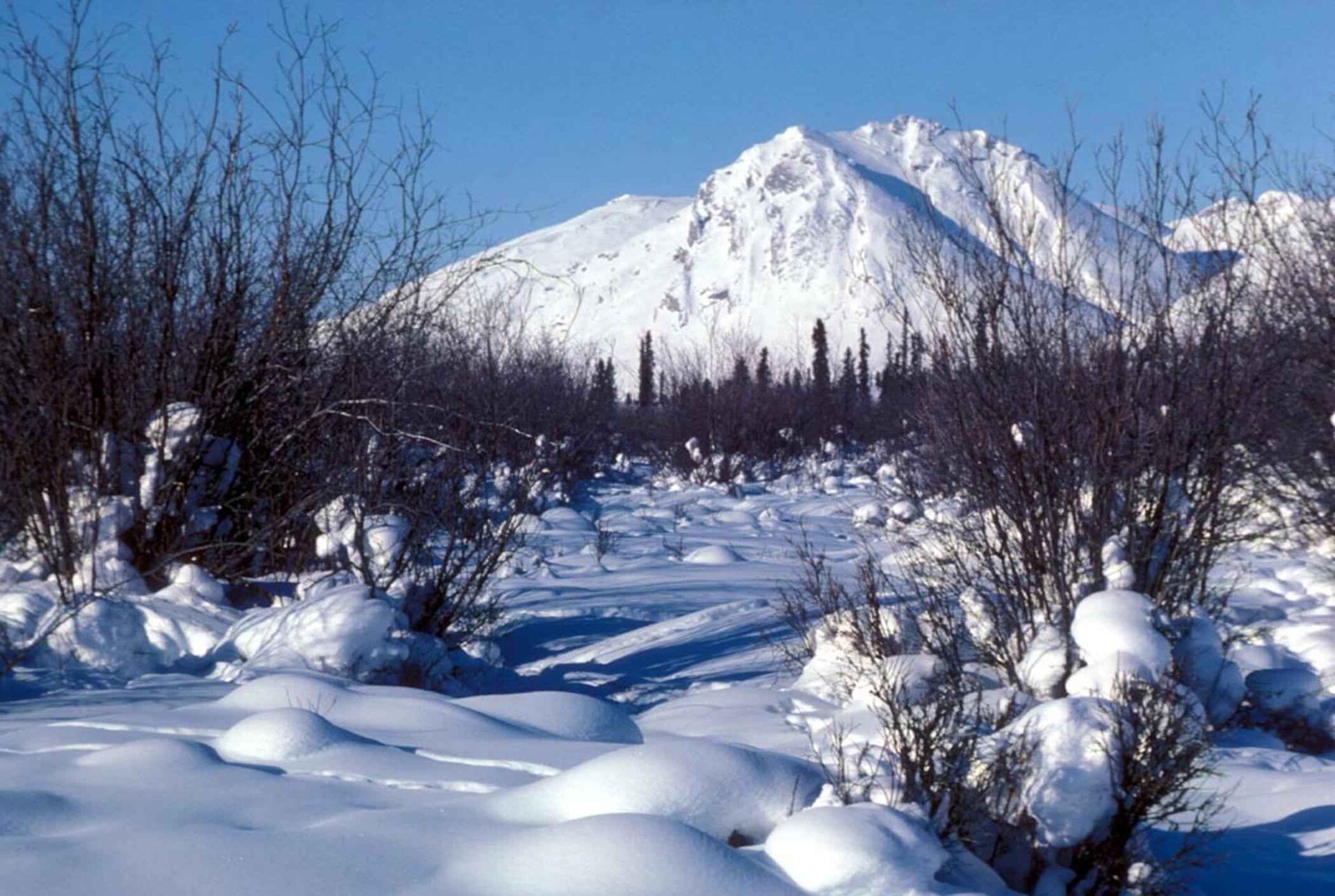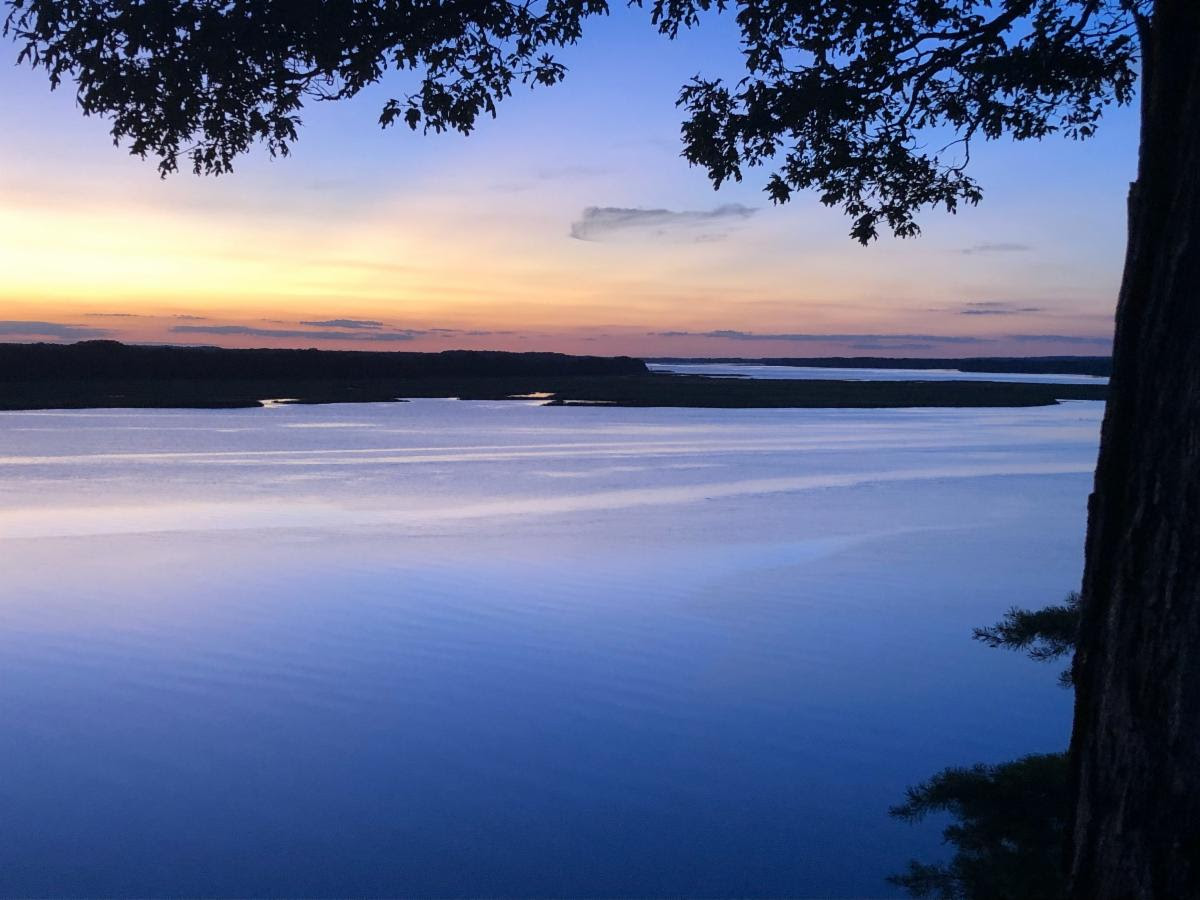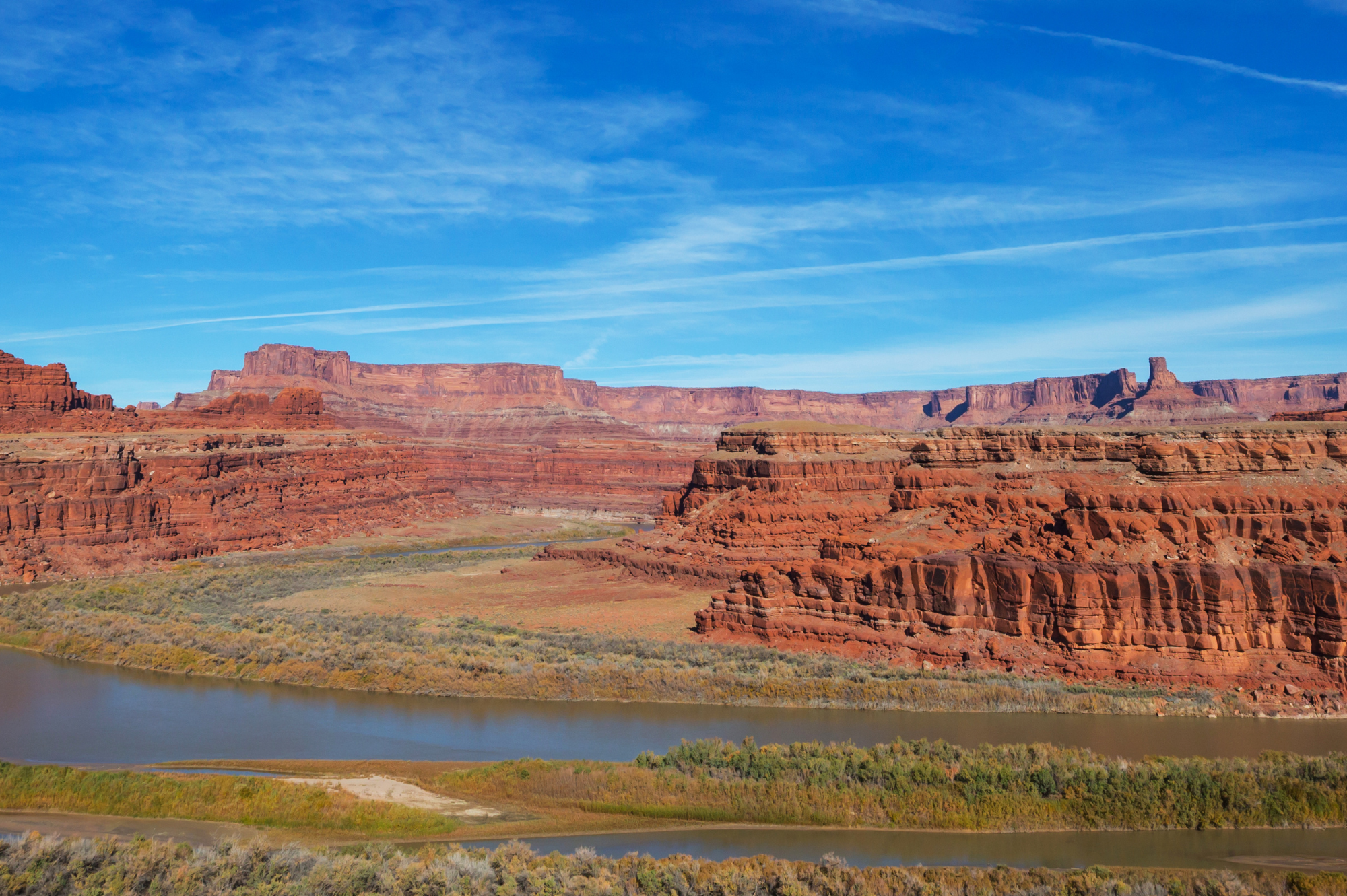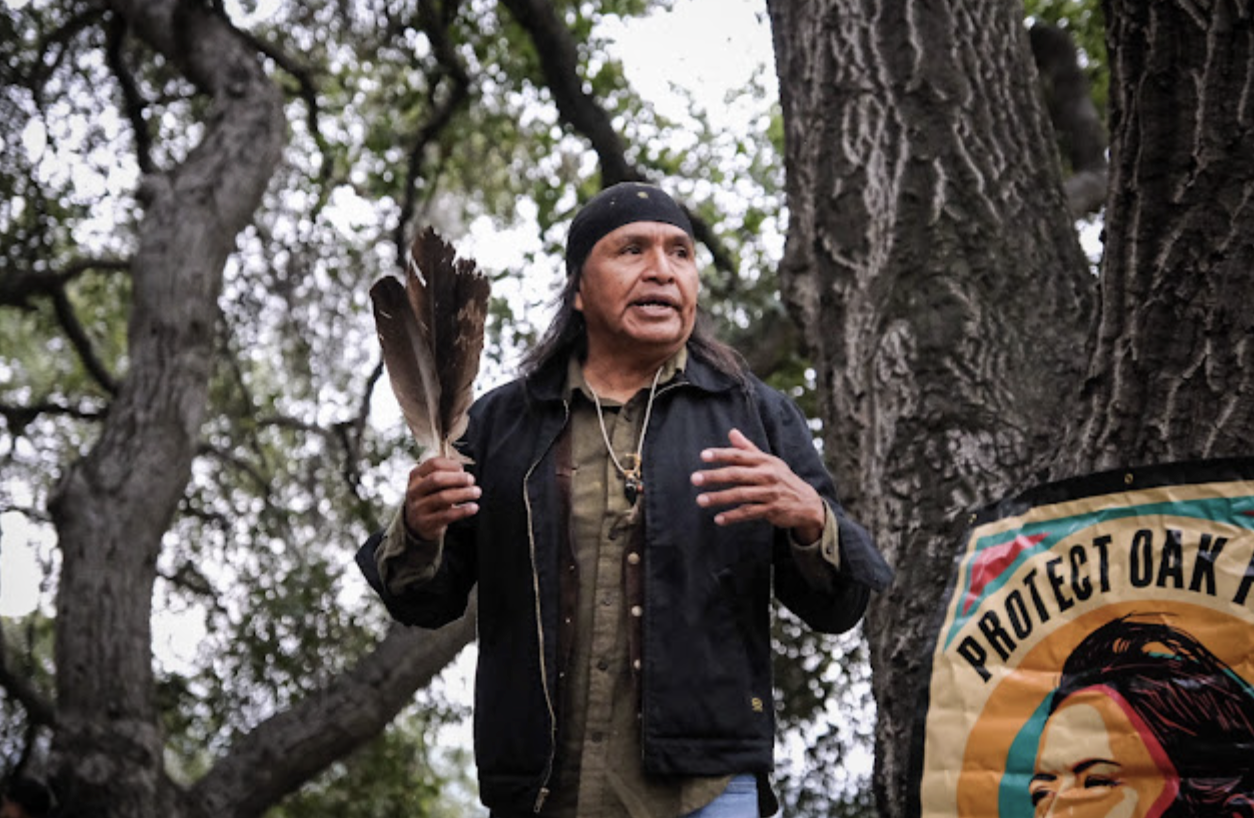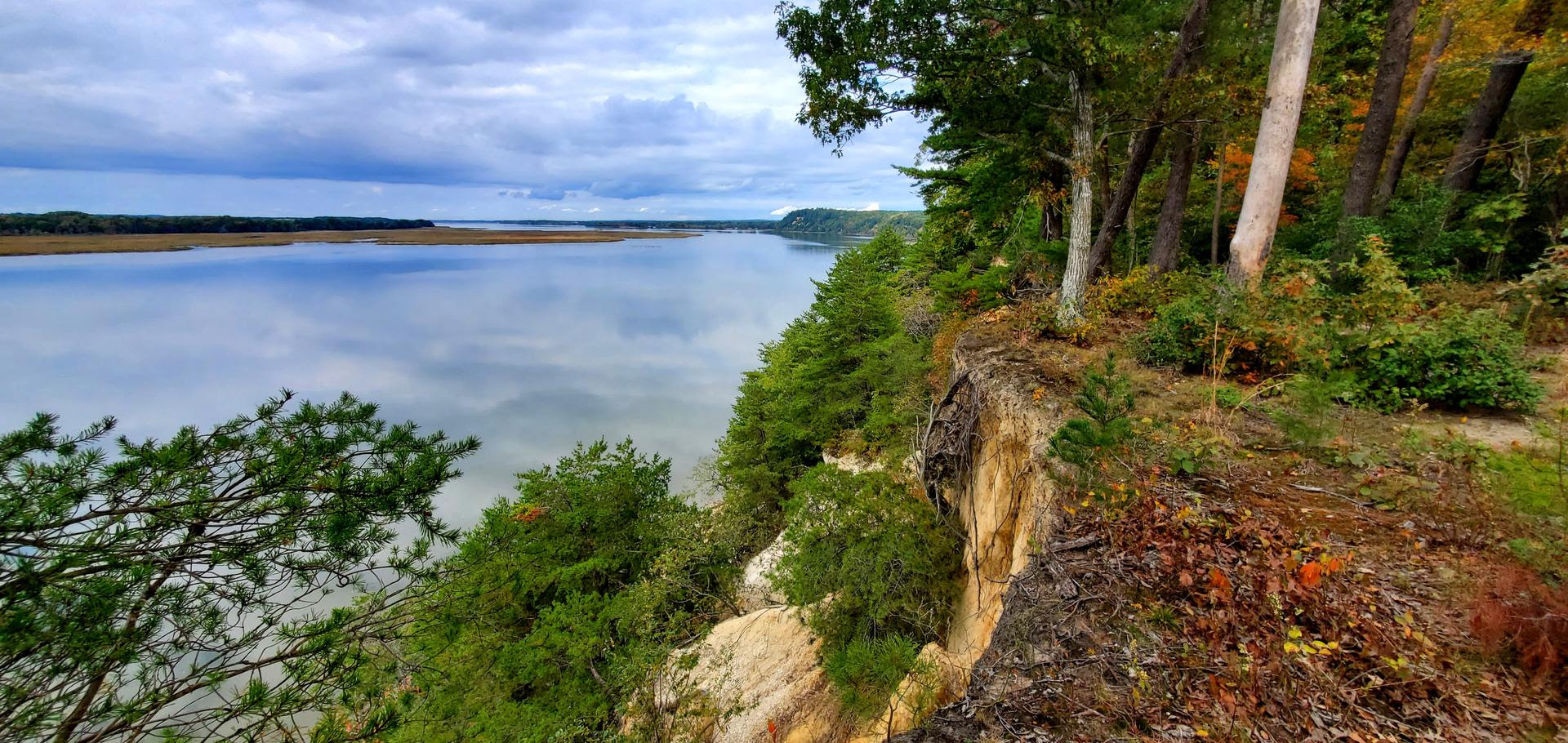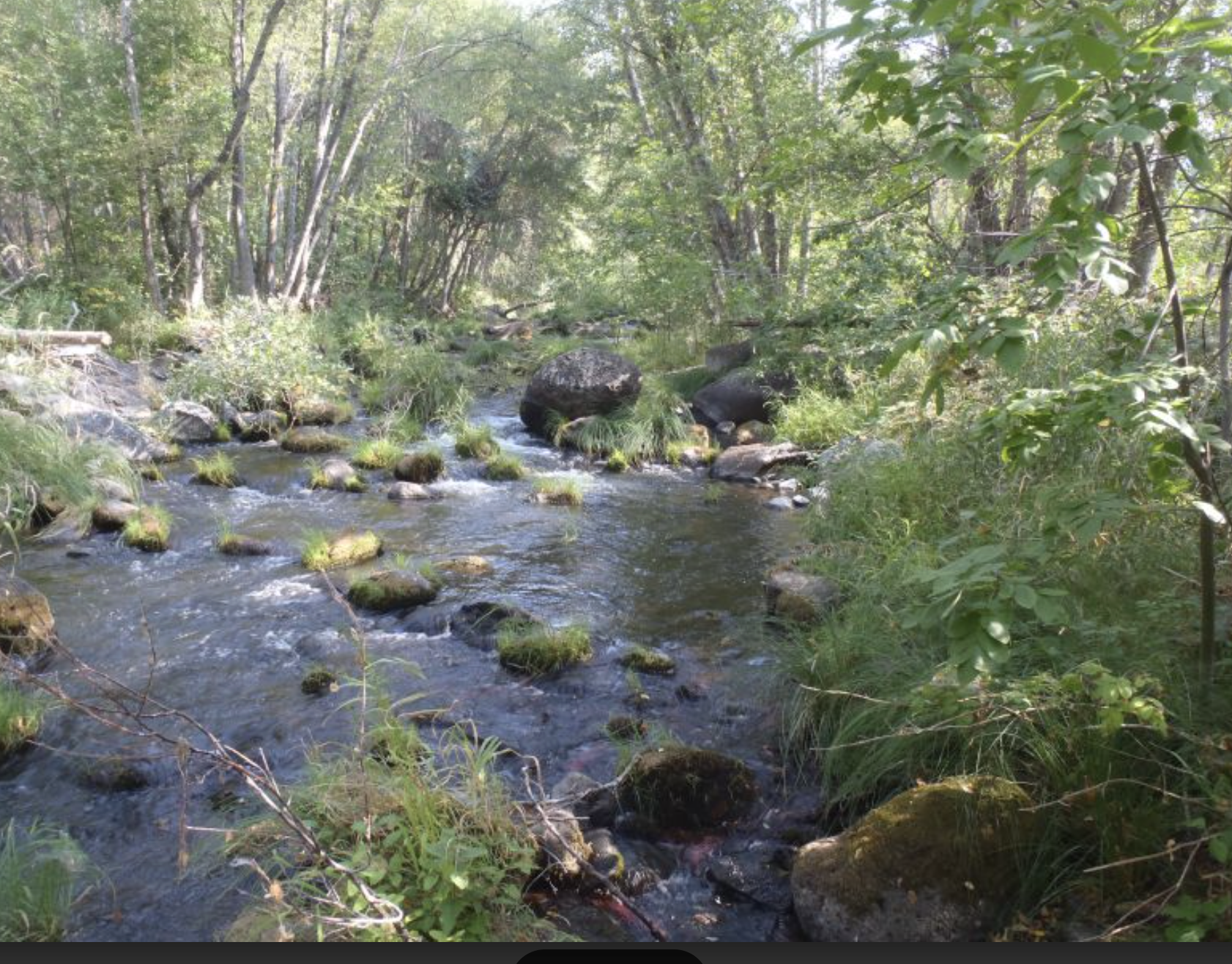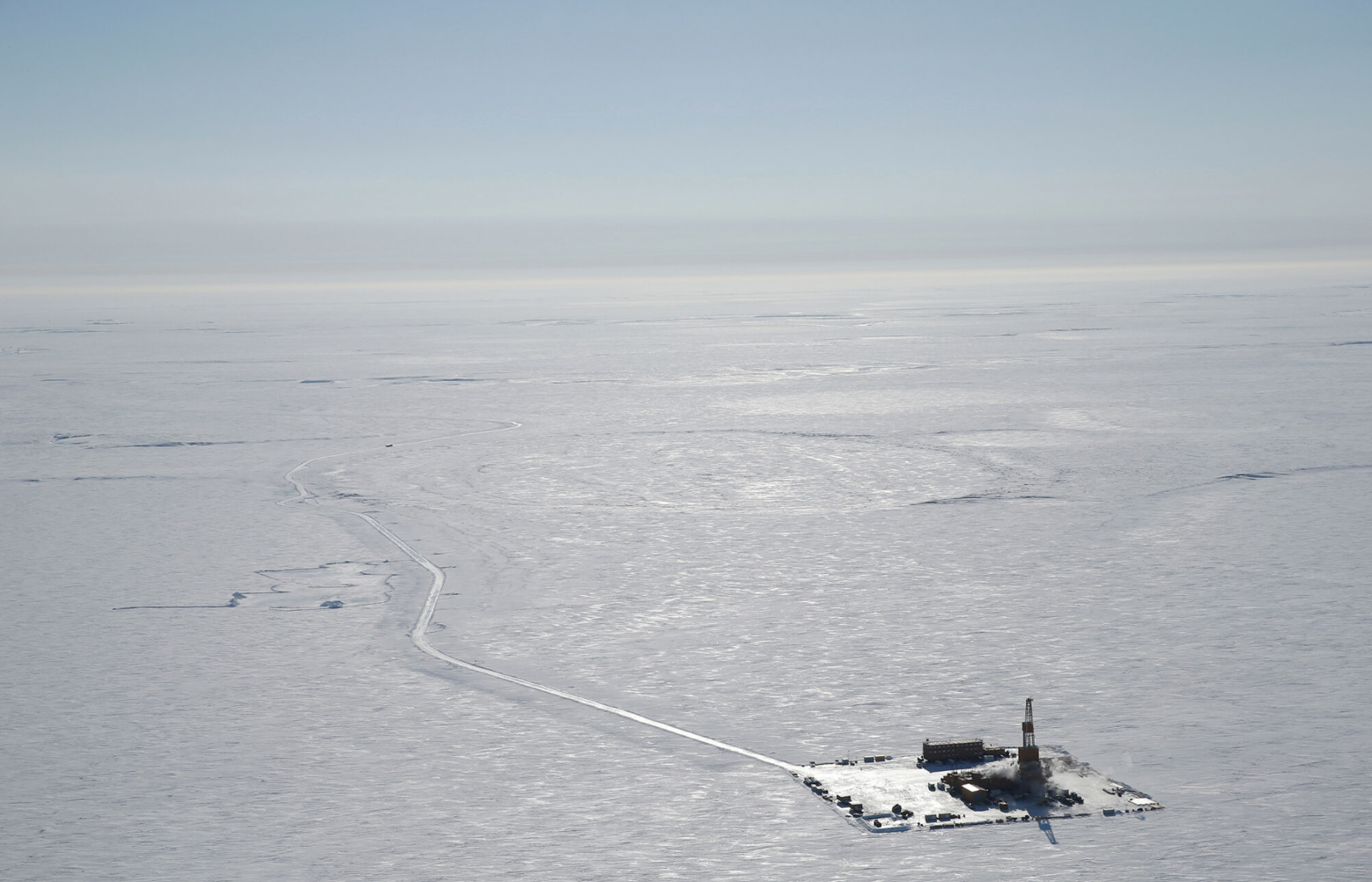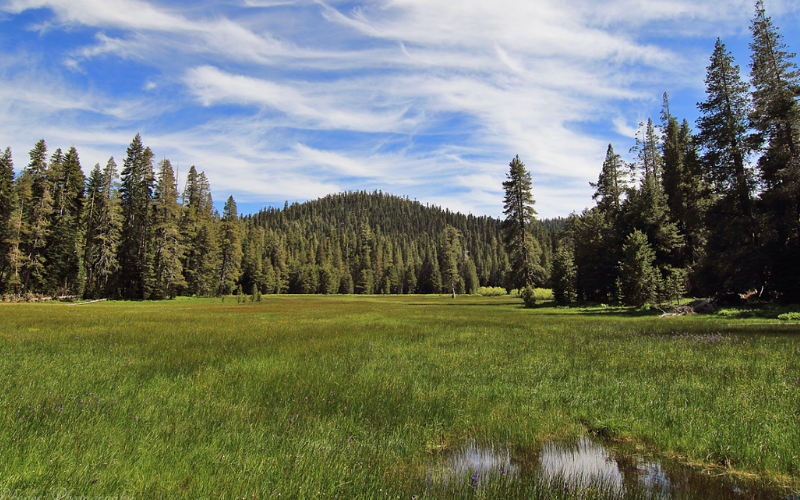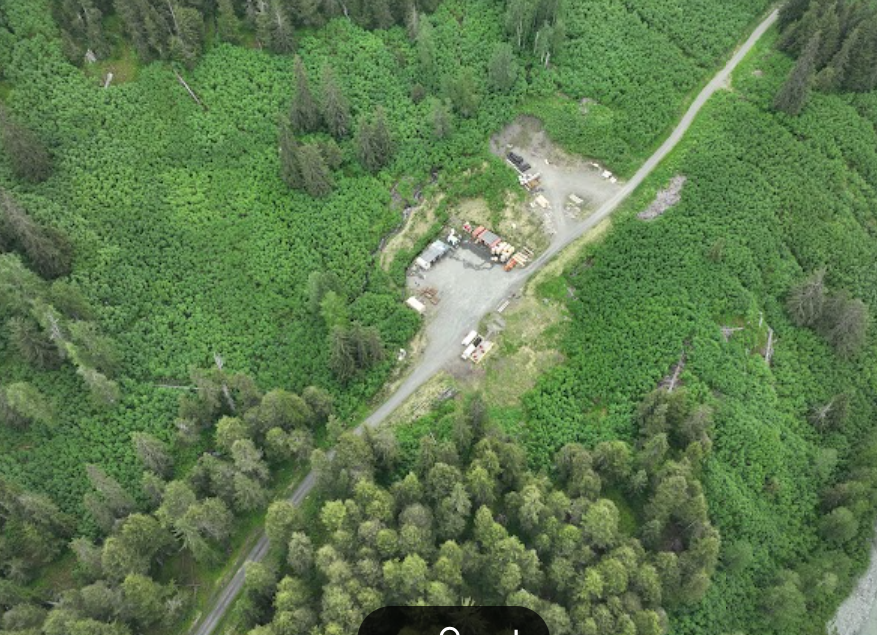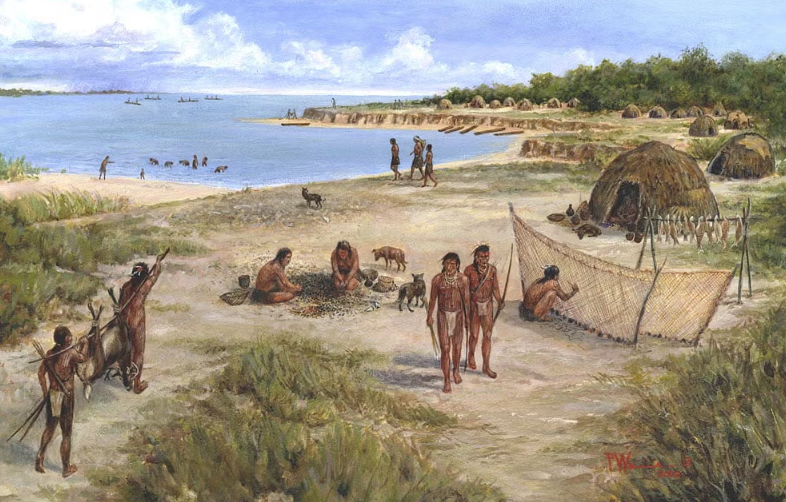Environment
- Type: Default
- Ad Visibility: Show Article Ads
- Reader Survey Question: No Question
- Video Poster: https://nativenewsonline.net/images/10_Years_Logo.png
The Arctic Village Council, the Native Village of Venetie Tribal Government and the Venetie Village Council submitted comments Tuesday to the U.S. Fish and Wildlife Service citing major deficiencies in the agency’s assessment of a proposed 20-year right-of-way that would allow the Kaktovik Iñupiat Corp. to annually construct a snow road through parts of the Arctic National Wildlife Refuge.
- Details
- By Native News Online Staff
- Type: Default
- Ad Visibility: Show Article Ads
- Reader Survey Question: No Question
- Video Poster: https://nativenewsonline.net/images/10_Years_Logo.png
The Rappahannock Tribe has filed an appeal challenging a state-issued permit that allows Caroline County to withdraw up to 9 million gallons of water per day from the Rappahannock River and transfer it to the Mattaponi River.
- Details
- By Native News Online Staff
- Type: Default
- Ad Visibility: Show Article Ads
- Reader Survey Question: No Question
- Video Poster: https://nativenewsonline.net/images/10_Years_Logo.png
Published on January 9, 2026
- Details
- By Jeniffer Solis, Nevada Current
- Type: Default
- Ad Visibility: Show Article Ads
- Reader Survey Question: No Question
- Video Poster: https://nativenewsonline.net/images/10_Years_Logo.png
- Details
- By Elyse Wild
- Type: Default
- Ad Visibility: Show Article Ads
- Reader Survey Question: No Question
- Video Poster: https://nativenewsonline.net/images/10_Years_Logo.png
The Rappahannock Tribe of Virginia has raised serious concerns following the Virginia Department of Environmental Quality’s (DEQ) decision in early December to grant Caroline County a permit authorizing the withdrawal of up to 9 million gallons of water per day from the Rappahannock River. The 15-year permit allows for the extraction of a total of 49.275 billion gallons of public water and authorizes the construction of a new water intake system along one of Virginia’s most culturally and environmentally significant rivers—the ancestral homeland of the Rappahannock Tribe.
- Details
- By Native News Online Staff
- Type: Default
- Ad Visibility: Show Article Ads
- Reader Survey Question: No Question
- Video Poster: https://nativenewsonline.net/images/10_Years_Logo.png
As salmon return to the headwaters of the Klamath River for the first time in more than a century, the newly formed Klamath Indigenous Land Trust and PacifiCorp announced the purchase of 10,000 acres in and around the river’s former reservoir reach. The deal is one of the largest private land purchases by an Indigenous-led land trust in U.S. history.
- Details
- By Native News Online Staff
- Type: Default
- Ad Visibility: Show Article Ads
- Reader Survey Question: No Question
- Video Poster: https://nativenewsonline.net/images/10_Years_Logo.png
President Donald Trump has signed a resolution backed by members of Alaska’s Congressional delegation to revoke restrictions on drilling in the National Petroleum Reserve on the North Slope.
- Details
- By James Brooks, Alaska Beacon
- Type: Default
- Ad Visibility: Show Article Ads
- Reader Survey Question: No Question
- Video Poster: https://nativenewsonline.net/images/10_Years_Logo.png
Nearly 900 acres of land have been returned to the Southern Sierra Miwuk Nation in California. The land borders Yosemite National Park -- one of the most visited National Parks—— and the Sierra National Forest.
- Details
- By Native News Online Staff
- Type: Default
- Ad Visibility: Show Article Ads
- Reader Survey Question: No Question
- Video Poster: https://nativenewsonline.net/images/10_Years_Logo.png
Leaders of the Chilkat Indian Village of Klukwan and the conservation group Chilkat Forever are warning the new owners of the Palmer mine project that they will face “sustained and unyielding opposition” if they pursue hardrock mining in the Chilkat Valley.
- Details
- By Native News Online Staff
- Type: Default
- Ad Visibility: Show Article Ads
- Reader Survey Question: No Question
- Video Poster: https://nativenewsonline.net/images/10_Years_Logo.png
Two South Texas tribes and a local environmental group are calling on the U.S. Army Corps of Engineers to revoke a federal permit for a proposed export terminal at Donnel Point, saying new environmental and cultural findings invalidate the original approval.
- Details
- By Native News Online Staff

